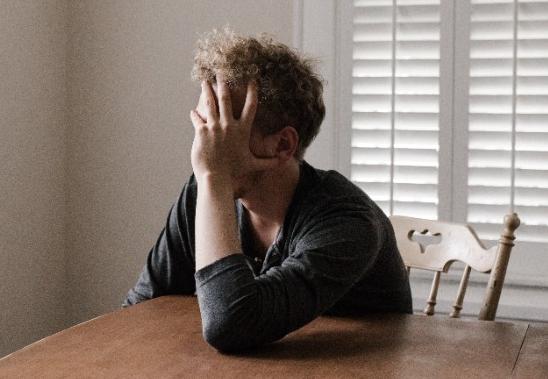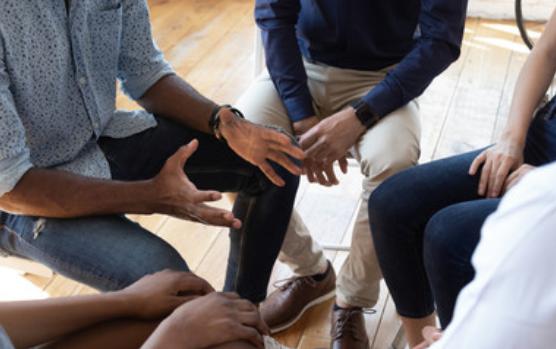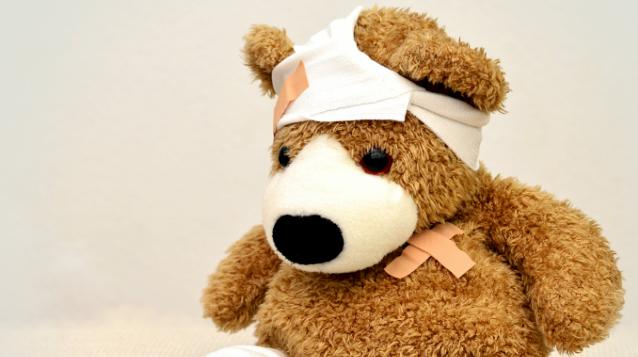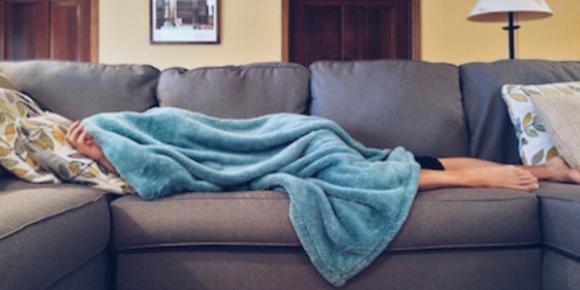-
Overcoming OCD Fears: How Exposure and Response Prevention Works
posted: Dec. 15, 2020.
Do you remember times growing up when you begged for permission to stay in bed and skip school to avoid a problem? Tough tests, fights with friends, heartbreaks, embarrassment, and Read more -
The ABCs of School Anxiety and How Parents Can Help
posted: Oct. 19, 2020.

-
Overcoming Phobias & Irrational Fears: How Ann Got Her Groove Back
posted: Oct. 12, 2020.

-
Dialectical Behavior Therapy & Hope for Better Mental Health
posted: Oct. 12, 2020.

-
Depression and social distancing
posted: Mar. 18, 2020.

-
Social Anxiety Myths
posted: Jan. 23, 2020.

-
Dialectical behavior therapy: states of mind
posted: Jan. 06, 2020.

-
What is health anxiety?
posted: Dec. 31, 2019.

-
How to prepare for the DBT experience
posted: Dec. 09, 2019.

-
What is mindfulness and how does it help with DBT?
posted: Nov. 27, 2019.

-
The emotional symptoms of anxiety
posted: Nov. 14, 2019.

-
Destroy your anxiety by building up your confidence
posted: Oct. 23, 2019.

-
What is social anxiety?
posted: Oct. 06, 2019.

-
The physical symptoms of anxiety
posted: Oct. 03, 2019.

-
My anxious child is away at college: how can I help from here?
posted: Sep. 26, 2019.

-
Illness-related symptoms of anxiety
posted: Sep. 24, 2019.
